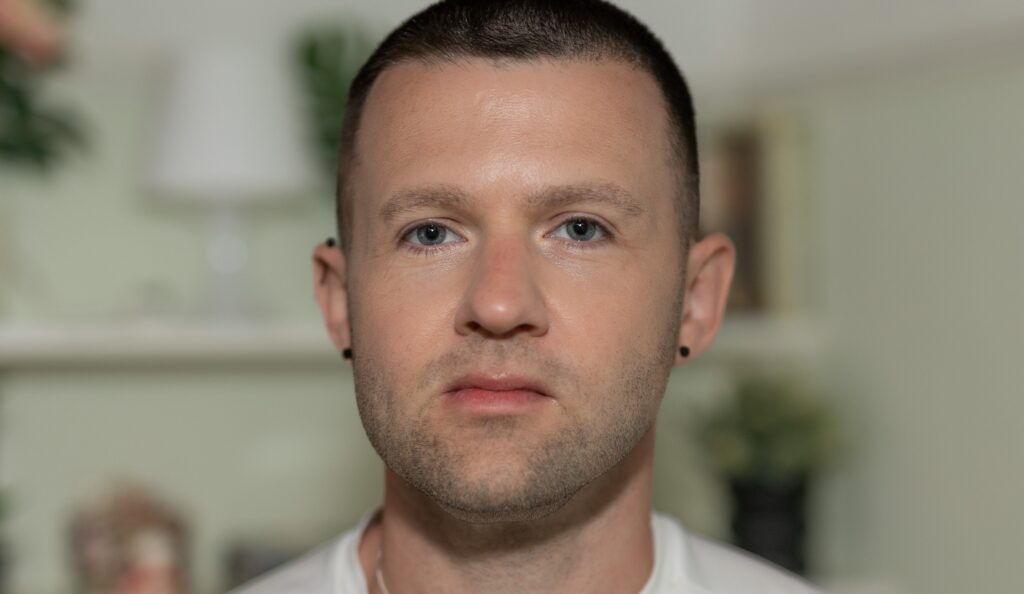Choosing a talking therapist is a bit like choosing the right running shoes: They all offer support, but only the right pair will fit you comfortably and help you become a confident runner.

Mark Shipton, one of our Epsom Therapists here at White House Health & Wellness Centre, offers some of the most meaningful and practical questions that you should ask your potential talking therapist, to ensure you find the right person for you.
One of the most important factors in successful therapy is the relationship that forms between therapist and client. Ensuring that your therapist is professional, as well as empathetic and understanding, are both hugely important considerations that should guide you in to deciding with confidence.
Here are some important questions that you can use to determine that a talking therapist is right for you:
Are you registered with a professional body?
It’s not widely understood that the titles ‘counsellor’ and ‘therapist’ are not protected in the UK. Meaning anyone can simply call themselves a therapist and start working. To ensure your therapist is qualified, ask them which professional body they are registered with. The most well known in the UK is the BACP, and to become a member, therapists qualifications are verified.
Professional bodies will also ensure therapists follow a code of ethical conduct.
Which therapeutic models / approaches do you use?
This might seem a little confusing at first. In short, a therapeutic model is the way your therapist works to help you achieve the changes you are looking to make – whether that’s improving your mental health of making a big life adjustment.
Common approaches include: Person-centred, psychodynamic, integrative and CBT. It’s not up to you to understand these entirely, but allowing your therapist to explain their model can help you make the right choice.
Do you have experience with my specific issue?
Asking about a therapist’s experience with the issues you are having, whether it’s anxiety, divorce, bereavement, trauma or anything else – can not only help you find the right therapist – but can also ensure your therapist is happy to work with you.
Therapy is a partnership, and any good therapist will not take on a client if they do not feel competent enough to deal with the issues they are presented with.
It’s important to note: Just because a therapist does not have specific experience with your issue, this does not mean they are not qualified to help you. Many therapy models deal with underlying human emotions, so can apply to brand new issues that arise.
Do you offer in-person or online sessions, and is there a difference?
There are pros and cons of having in-person or online therapy. Your location and personal circumstances might dictate that in-person therapy isn’t possible for you. It’s good to understand what is available and if your therapist recommends a setting based on the issues you are bringing to therapy.
What are your fees, cancellation terms and any reduced-fee options?
Some therapists will offer discounts to certain groups of people. Students, those on lower income and people on certain types of welfare payments can sometimes get discounted rates for therapy. It is always worth asking the question.
Understanding how much each session will cost you and what happens if and when you need to cancel are also essential bits of information for any service you are paying for.
Are you insured?
This is something that might seem boring, but is very important. Should you work with a therapist who behaved in a way that you felt was detrimental to your personal wellbeing or acted in a way that was grossly unprofessional – and you decided to take legal action – insurance would cover any claim you needed to make against your therapist.
Having insurance is also a good sign that your therapist is a professional person.
How can I be sure our conversations are confidential?
Confidentiality is a huge subject in therapy and any good therapist should know their confidentiality policy as soon as they are asked. There are certain legal and professional excepts to confidentiality in therapy, but you should feel reassured by the confidentiality info your therapist provides.
What made you decide to become a therapist?
All reputable therapists in the UK have undertaken their own personal therapy. Many therapists started training as they have also experienced poor mental health or had a very positive experience with another therapist.
This is a great question which allows you to get to know your therapist and they may choose to share some of their own personal life story with you – this could make you feel instantly sure that this therapist is right for you.
This is by no means an extensive list of questions that you could ask, but it should give you some great examples of the type of information that can be valuable to obtain before you decide to work with a therapist.
Here at the White House, there are a range of talking therapists offering different type of therapy and different perspectives. Visit the therapists page to read more about each of them.

